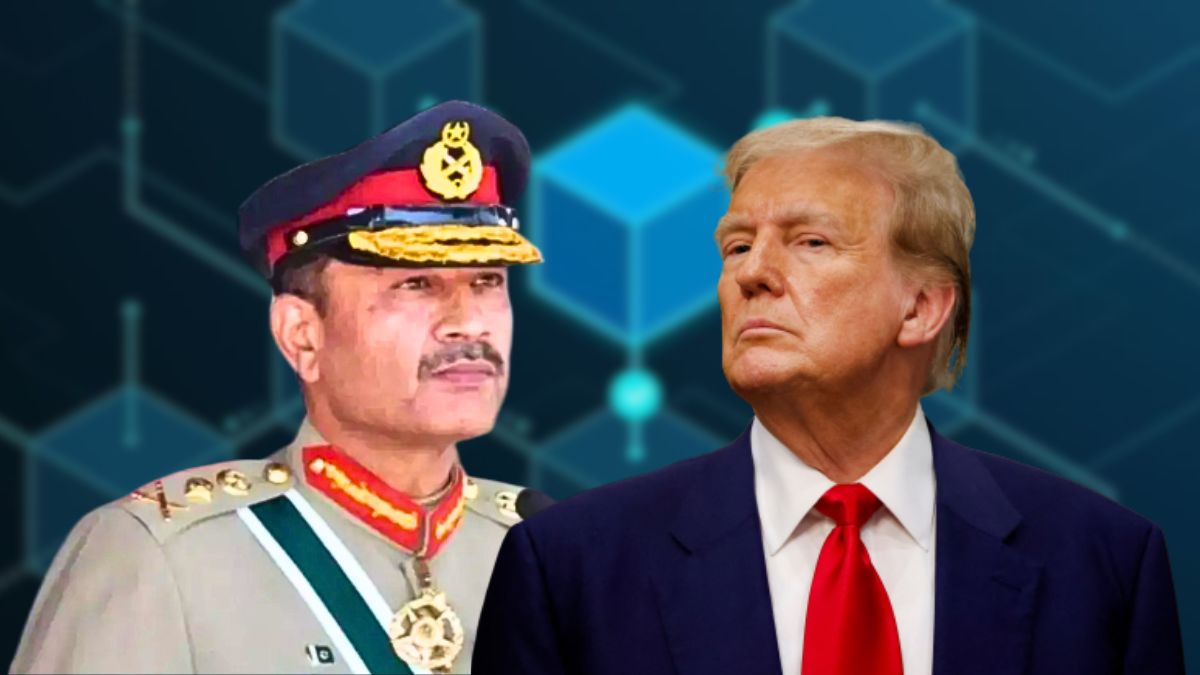The Trump administration’s decision to designate the Baloch Liberation Army (BLA) as a Foreign Terrorist Organisation (FTO) appears to be closely linked to growing US interest in Pakistan’s untapped rare earth reserves, according to The Economic Times report, citing sources familiar with the matter.
The US move also strengthens Field Marshal Asim Munir’s position in cracking down on Baloch political activists while paving the way for American mining companies to gain a foothold in Pakistan’s largest province, believed to hold significant rare earth deposits.
According to the report, the move, which comes amid deepening US-Pakistan relations in Donald Trump’s second term, is being viewed as part of a broader strategic effort to reduce American dependence on Chinese rare earth exports.
Over the past six months, Islamabad and Washington have intensified discussions on rare earth extraction — a shift seen as pivotal in resetting bilateral ties, added the report.
Pakistan ‘persuades’ Trump
Pakistan seems to have successfully persuaded the Trump administration that controlling BLA is crucial for accessing “critical minerals” in the region, reported ET, citing analysts.
The BLA has long opposed state presence and foreign investments in Balochistan, a resource-rich but conflict-ridden province where China’s controversial China-Pakistan Economic Corridor (CPEC) also runs.
The Trump administration’s growing interest in Balochistan’s rare earth potential comes amid stalled US-China trade talks, where Beijing’s near-monopoly on rare earth supply has been a sticking point.
Impact Shorts
More ShortsTrump has previously signaled intentions to diversify sources for strategic minerals, a push that has now brought Pakistan into sharper focus.
Diplomatic observers remain cautious, noting that any suggestion of US military involvement in Balochistan — similar to the Afghan model — could face serious resistance, reported ET.
The region’s rugged terrain and a populace wary of foreign intervention may replicate the challenges faced during America’s two-decade-long war in Afghanistan.
China’s response uncertain
While Beijing has historically supported Pakistan’s actions against BLA, its response to increased US economic and strategic engagement in Balochistan remains uncertain. China has heavily invested in infrastructure projects across the province, particularly around the strategic Gwadar Port, a CPEC centerpiece.
Local opposition to Chinese-funded ventures has simmered for years, with residents accusing Beijing of exploiting the region’s resources without delivering economic benefits or respecting local autonomy. This presents a delicate balancing act for both Islamabad and Beijing in managing foreign influence.
The timing of the BLA designation also coincides with Munir’s visit to Washington and a newly inked US-Pakistan trade framework.
While Pakistan currently holds a non-permanent seat on the UN Security Council, it’s unclear whether it will push for further international action against BLA.
However, sources indicate that the militant group’s lack of affiliation with Al-Qaeda or its affiliates makes a designation under the UN’s 1267 Sanctions Committee unlikely. Still, the US move could set the stage for a rare moment of alignment between China and the US, both backing Pakistan’s internal security concerns — although for very different reasons.
With inputs from agencies


)

)
)
)
)
)
)
)
)



